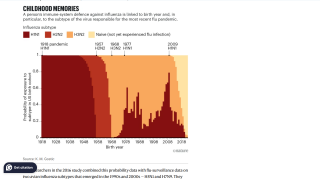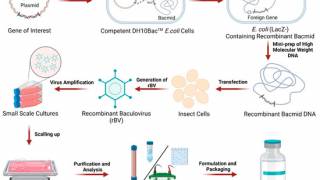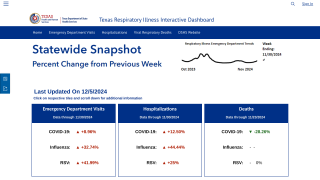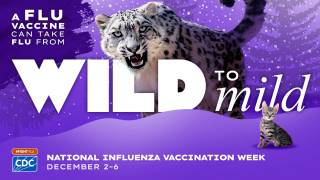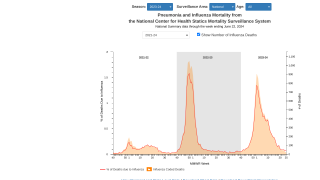40% of Children Infected with Human Parvovirus B19
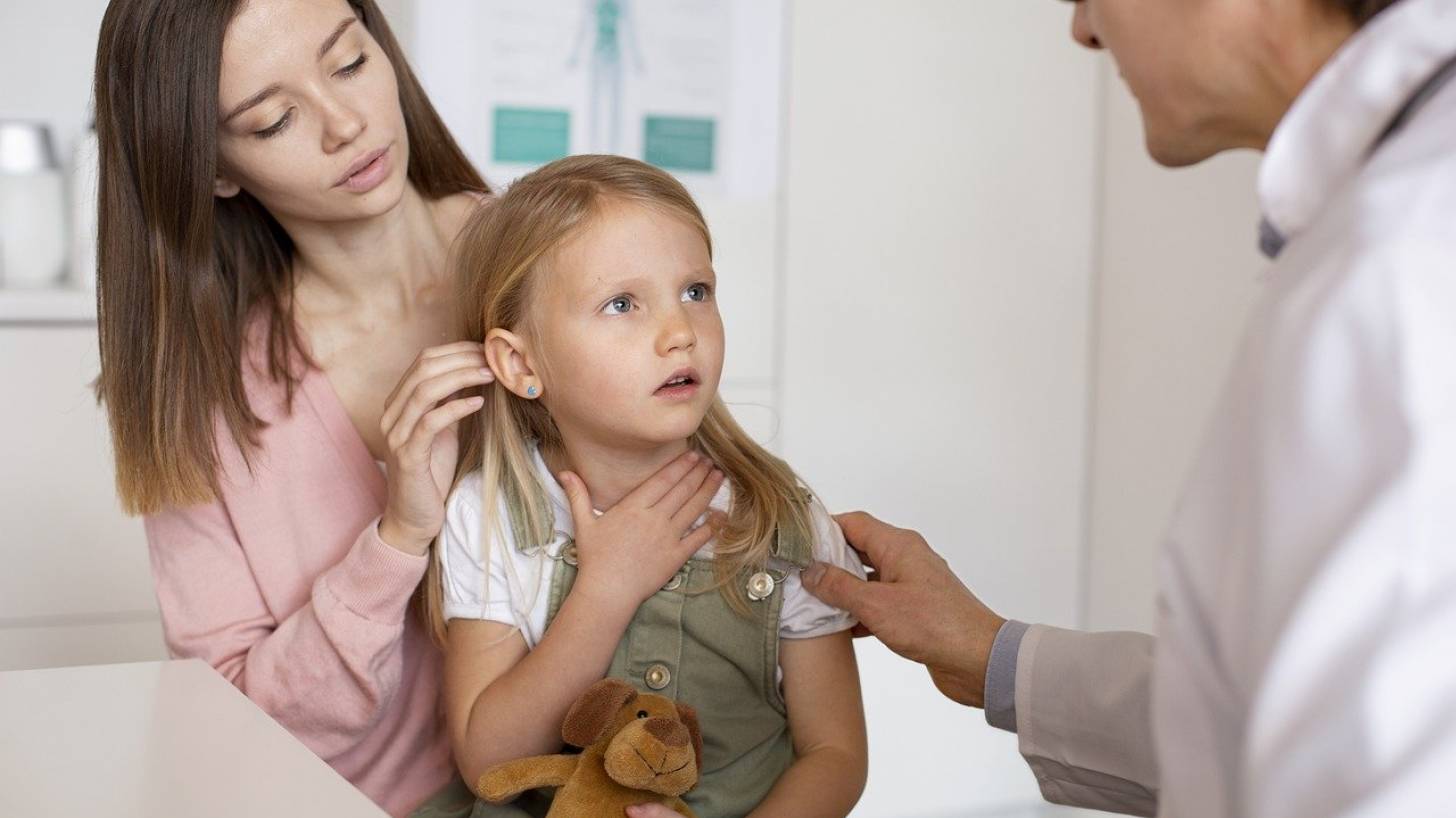
The Centers for Disease Control and Prevention (CDC) today issued Health Alert Network Health Advisory (CDCHAN-00514) confirming increases in human parvovirus B19 activity in the United States and Europe.
Parvovirus B19 is a seasonal respiratory virus transmitted through respiratory droplets by people with symptomatic or asymptomatic infection.
In the first quarter of 2024, public health authorities in 14 European countries observed unusually high numbers of parvovirus B19 cases.
Finland, Hungary, Latvia, Luxembourg, Lithuania, the Netherlands, Czechia, Denmark, France, Germany, and Slovakia) reported an increase in reactive test results for B19V in their donor populations during 2024 compared to 2023.
And in the United States, the CDC has received reports in the United States indicating increased parvovirus B19 activity.
The proportion of people in the U.S. with IgM antibodies, an indicator of recent infection, increased among all ages from <3% during 2022–2024 to 10% in June 2024.
The most significant increase was observed among children aged 5–9 years, from 15% during 2022–2024 to 40% in June 2024.
The prevalence of pooled samples with parvovirus B19 DNA >104 IU/mL among plasma donors increased from 1.5% in December 2023 to 19.9% in June 2024.
Unfortunately, as of August 13, 2024, Parvovirus B19 infection is not under systematic surveillance in the U.S. and most of Europe; therefore, a full assessment of the situation is impossible.
Furthermore, no preventive vaccines targeting Parvovirus B19 infection are available in Europe or the U.S.
The CDC recommends core prevention strategies to prevent respiratory illness, including practicing good hand hygiene and promoting cleaner air to reduce the spread of parvovirus B19 and other respiratory viruses.
Historically, people working in schools and close contact with children have had a high occupational risk of infection. Parvovirus B19 infection usually causes no symptoms or mild illness.
The CDC writes that about 50% of adults have detectable antibodies by age 20 and more than 70% by age 40. Antibodies from prior infection are thought to protect against reinfection.
Parvovirus B19 infection can lead to adverse health outcomes among people without pre-existing immunity who are pregnant, immunocompromised, or have chronic hemolytic disorders.
Most fetal parvovirus B19 infection cases during pregnancy resolve spontaneously without adverse outcomes. However, the risk of an adverse fetal outcome is about 5–10% and is highest when acute infection occurs between gestational weeks 9–20.
Treatment for acute infection in the pregnant individual is supportive, and management includes monitoring for and treating severe fetal anemia.
Furthermore, parvovirus B19 can cause chronic or transient aplastic anemia among people with severely immunocompromising conditions. Red blood cell transfusions and intravenous immunoglobulin are the mainstays of treatment for aplastic anemia.
The CDC's alert says, 'ensure that healthcare providers are aware of increasing parvovirus B19 activity and identify people at higher risk of severe parvovirus B19 outcomes.'
Our Trust Standards: Medical Advisory Committee

